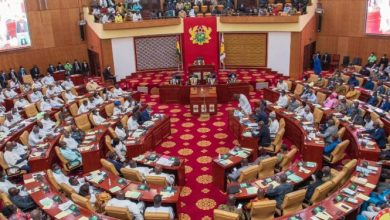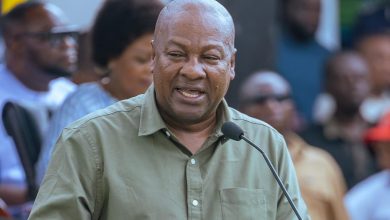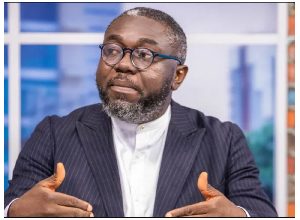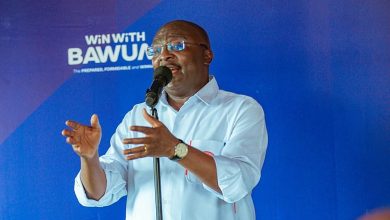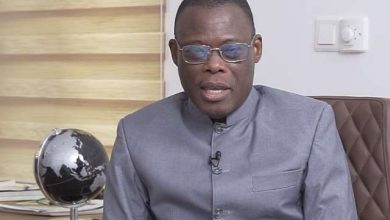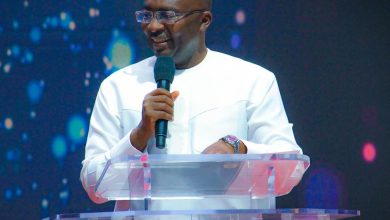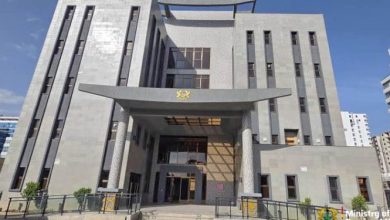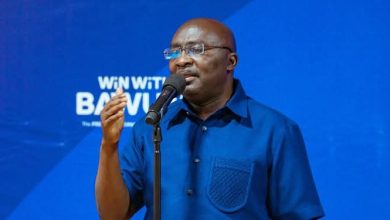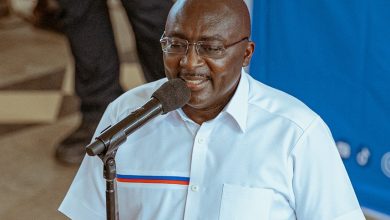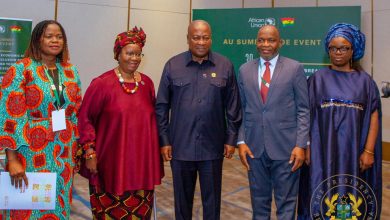President Mahama receives report on first petition against suspended Chief Justice
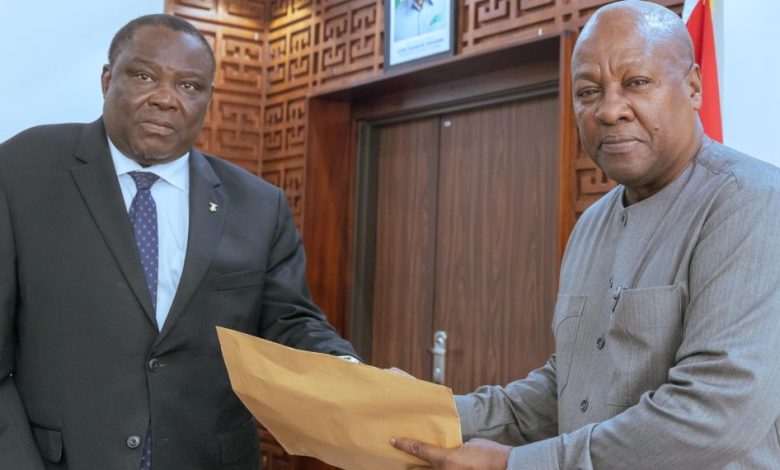
The Chairman of the Article 146 Committee of Inquiry, set up to investigate petitions seeking the removal of Chief Justice Gertrude Araba Esaaba Sackey Torkornoo, has formally presented the committee’s recommendation on the first petition to President John Dramani Mahama.
The development follows an earlier determination by the President that a prima facie case had been established in three separate petitions seeking the Chief Justice’s removal. In line with Article 146 of the 1992 Constitution, President Mahama subsequently constituted a five-member committee to conduct the inquiry.
The committee was chaired by Supreme Court Justice Gabriel Scott Pwamang. Other members included former Auditor-General, Mr. Daniel Yaw Domelevo; Major Flora Bazaanura Dalugo of the Ghana Armed Forces (GAF); and Professor James Sefah Dzisah, Associate Professor at the University of Ghana.
The committee has since completed its work and submitted its findings to the President. Under constitutional provisions, President Mahama is now expected to review the report and communicate his decision to the public in due course.
The outcome of the process is being closely monitored by the legal community, civil society, and political actors, given the implications for judicial independence, constitutional governance, and public trust in the justice system.
On April 22, 2025, President John Dramani Mahama suspended Chief Justice Gertrude Torkornoo from office following the establishment of a prima facie case based on three undisclosed petitions alleging misconduct and incompetence.
Under Article 146(6) of Ghana’s 1992 Constitution, the president, after consulting the Council of State, may suspend a Supreme Court justice if a prima facie case is established and appoint a committee to investigate. President Mahama did exactly that—forming a five-member inquiry panel chaired by Justice Gabriel Scott Pwamang, with other members including Justice Samuel Adibu-Asiedu, former Auditor-General Daniel Yaw Domelevo, Major Flora Bazaanura Dalugo, and Professor James Sefah-Dzisah.
Legal professional development
Justice Paul Baffoe-Bonnie, the most senior Supreme Court judge, was appointed acting Chief Justice during the investigation process.
The suspension sent shockwaves through Ghana’s legal community. The Ghana Bar Association (GBA) condemned the action as unconstitutional, arguing that the president did not publish any Constitutional Instrument or regulations to justify the exercise of discretionary power, as required under Article 296 of the Constitution.
Similarly, the Centre for Democratic Movement (CDM) denounced the decision as a breach of constitutional norms and judicial independence. CDM challenged the impartiality of the inquiry, citing the committee’s composition as politically skewed and lacking transparency, thereby undermining due process.
Chief Justice Torkornoo has publicly defended herself, characterising the suspension and removal proceedings as “arbitrary,” “cruel,” and unconstitutional. She has refused to resign, emphasising that doing so would amount to submitting to a flawed process and forfeiting her right to defend herself.
The NPP (New Patriotic Party) echoed these concerns, condemning the suspension as unconstitutional and warning that it jeopardised Ghana’s democratic integrity.

